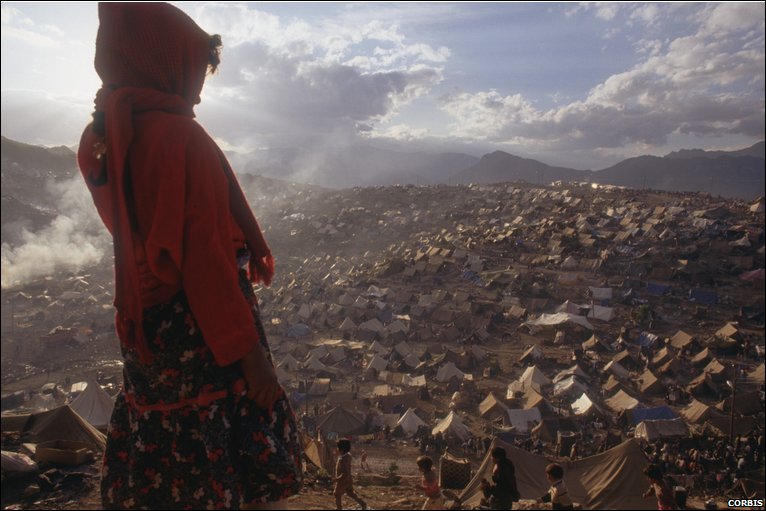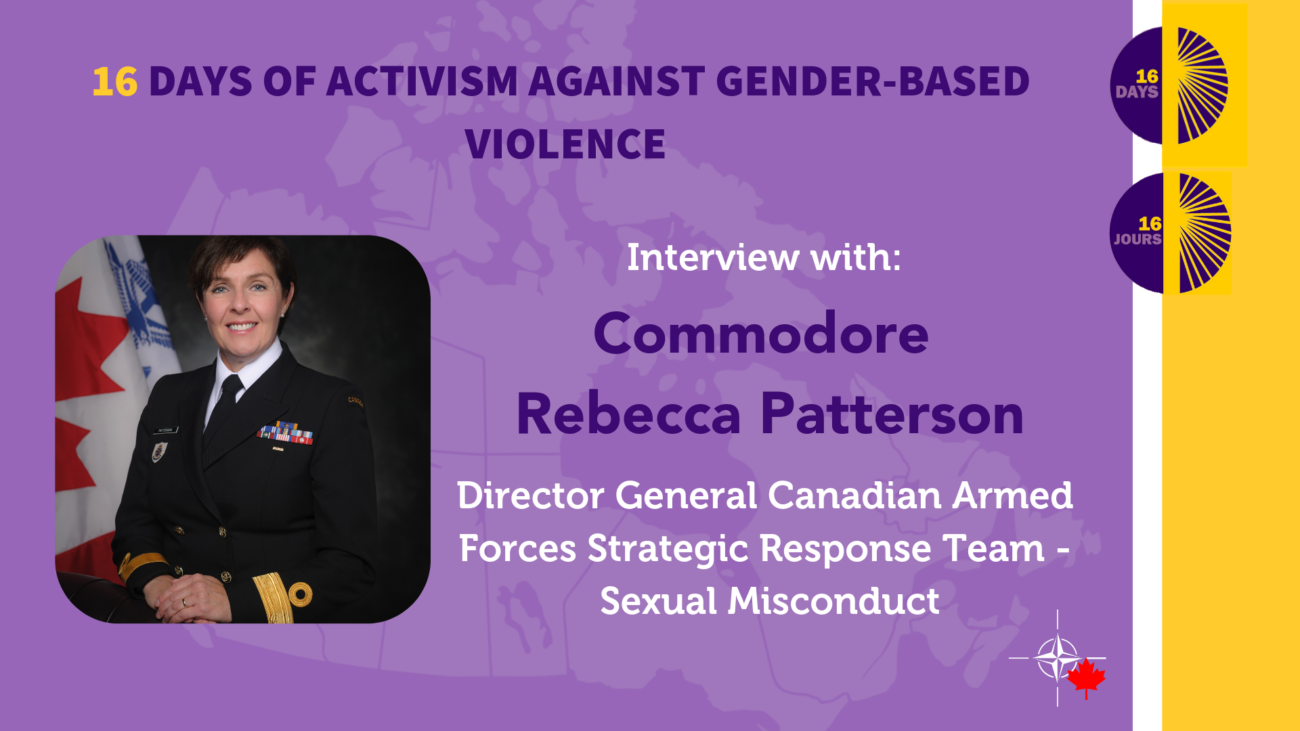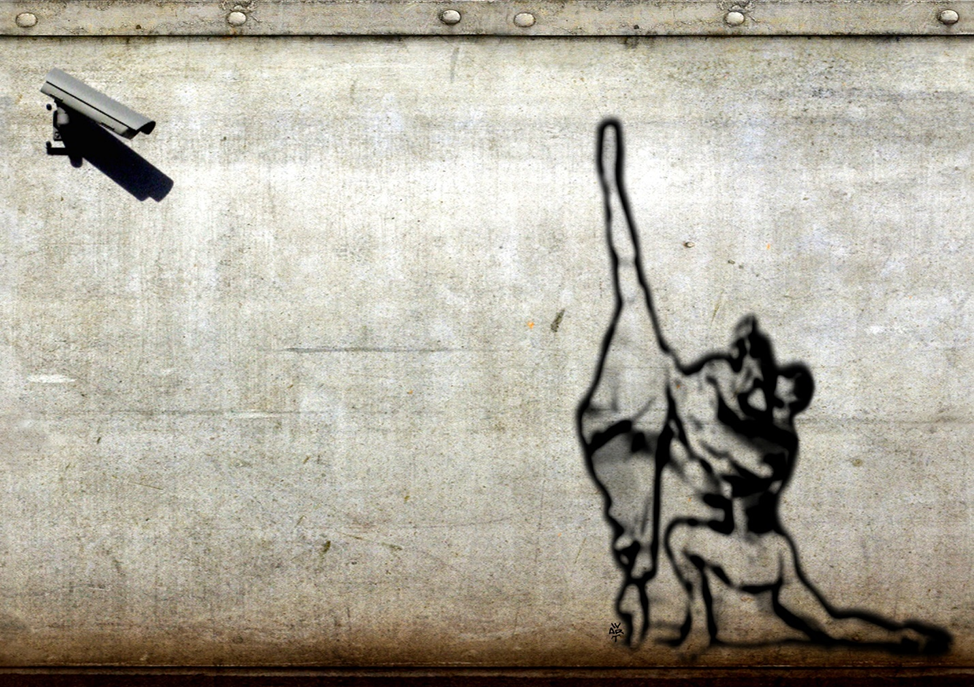I had the pleasure to speak with Betsy Kawamura, founder of Women4NonViolence in Peace + Conflict Zones – a platform to gather and support survivors of sexual violence in East Asia – and co-founder of the Working Group for North Korean Women at the North Korea Freedom Coalition. The group’s goal is to mainstream the issues of North Korean refugee women at the UN Commission on the Status of Women (UNCSW), and send North Korean women survivor to testify and find a platform to advocate for the issues important to them as a collective.
Among the 30,000 North Korean refugees who have made it to South Korea as newly resettled citizens, 70% of them are female. In their usual journey to find refuge, too many suffer from gender-based violence. In order, to arrive at their desired destination North Korean women must do so through third countries such as China, Laos, Vietnam, Thailand, and Mongolia, who rarely recognize their status as refugees. In China, a signatory member of the United Nation Convention relating to the Status of Refugees, many refugees go into hiding as they are stamped as economic migrants by Chinese authorities, who then send them back to North Korea.
North Korean refugee women are especially prone to gender-based violence when in hiding, due to their unstable, uncertain, and stressful status. Many end up working in the prostitution industry and brides’ market in border regions against their will or at the cost of their survival. When in North Korea, many women had already suffered from sexual harassment in the military, in prison camps, and from domestic violence, since gender-based violence is not an issue addressed in education.
Despite the second anniversary of the North Korean Human Rights Commission of Inquiry’s report, the process of healing of these survivors has not been adequately addressed at the UN Security Council, nor at UN Women headquarters. However, thanks to the leadership role of one particular woman –Betsy Kawamura– with the collaboration of her international NGO colleagues – the issue of North Korean refugee women has been put on the United Nations Commission on the Status of Women (UNCSW61) topic list since 2015.

Betsy Kawamura is a Japanese American survivor of gender-based violence and artist living in Norway. She was an exhibited artist, and trained as a professional dancer prior to her role as financial controller and management consultant in the pharmaceutical industry, and holds a Master of Business administration from San Francisco State University.
This interview will address how such advancement for North Korean women came in the making and what needs to be done to better represent and account for victims of sexual violence in North Korea and China.
In part 1 of this two-part interview, Betsy Kawamura (BK) discusses with me (MV) about her drive for North Korean refugee women and the lack of East Asian voices in the UNSCR1325 and Women for Peace and Security (WPS) agenda.
Part 2 emphasizes on the need for a NATO Gender Advisor for East Asia, the legal accountability of UNSCR1325/R2P (responsibility to protect), and Mrs. Kawamura’s future projects for survivors.
In Conversation with Betsy Kawamura
BK: Doing the background investigation on gender based violence on North Korean refugee women has been ongoing for the past 15 or 20 years. Suzanne Scholte created the North Korea Freedom Coalition organization about 15 years ago, and so did Greg [Scarlatoiu] from Committee for Human Rights in North Korea. Various other excellent centres in South Korea also have provided critical information, such as KINU and Citizen’s Alliance for North Korea. More recently, the European Alliance for Human Rights in North Korea based in London has also put the spotlight on sexual violence experienced by North Korean refugee women, as well as the UK All Party Parliamentary Group on North Korea. These are some issues that we have been doing for a while; this hasn’t been done overnight. The situation is that there is a tremendous amount of gender-based violence perpetrated towards women in North Korea, in prisons, as well as sexual violence committed to women in the military, and those who are refugees.
Lack of voices at UNCSW: A matter of the usual news coverage on North Korea
The fact is that, for some reason, this issue was never raised by the UN Commission for the Status of Women. Part of the reason is that the landscape of discussing North Korea has been quite patriarchal in coverage. Any time we talk about security issues it’s focused on missiles, nuclear weapons, and war. The gendered aspect of what is being done to NK refugee women has never been critically taken up by the UN, until the UN Commission of Inquiry(COI) took to a closer look and investigated. When you look at the Six-Party Talks, you hardly see any women involved. The only women you will see, really, are the ones barring tea and rice crackers.
The human rights issue was given relatively low priority compared to the ballistic missiles and nuclear threat.
I am Japanese-American, I look Asian, I sound American but my mentality is pretty much Nordic. I plan on staying here in Europe to work on these issues. When I try to work with my colleagues in the United States, sometimes it’s disappointing because everyone seems to be able to write the name of the Security Council sanctions on North Korea by the latest numbers, [and the number of] ballistic missiles. But when I ask about the UNSC resolutions on Women in Security it often draws a complete blank. This is the underlying landscape that we are working on. Security Council Resolutions, when it’s on ballistic missiles and nuclear issues it’s got everyone’s attention – but when it’s on security, unless you are talking with Nordic countries, or when you speak with specific European countries, the dialogue gets lost. That’s the reason why no one brought up the Women, Peace, and Security issue for North Korean refugee women at the UN Commission on the Status of the Women until recently. I brought up the concept of inviting North Korean refugee women to the UN Commission on The Status of Women with the South Korean permanent mission to the UN back in 2015.
MV: How did you get involved with North Korean refugee women? How did you start your working group for North Korean refugee women?
I’ve been working on gender-based violence for a long time. I got in touch with a North Korean refugee woman back in 2001 in Tokyo. This was at one of the first conferences of Citizens Alliance for North Korea at YMCA. My interest in gender-based violence was really catalyzed when I met these refugee women.
Part of the reason why I decided to work with North Korean refugee women is that I had believed that they were one of the most ‘voiceless of voiceless groups’ I had ever met; and I was struck by their strength, and their willingness to appear in documentary films and authoring books on their painful experiences, etc.
[…] I started thinking about [getting involved with UN CSW] in 2014, I finally did so in 2015, and as mentioned I actually had a meeting with the ROK permanent mission. The councilor minister thought it was a very good idea to bring North Korean refugee women to the UNCSW. I basically told various international NGOs and Suzanne Scholte [(President of North Korean Freedom Coalition)] about this, and a working group was thus formed.
To have any kind of committee or working group, funding is quite important. Unfortunately the working group is the reflection of a general landscape of conversation on North Korea which prioritizes nuclear security issues. When the funding comes it’s extremely limited.
From survivor to advocator to game changer
I personally went through sexual violence as a child several times; as an adult, I faced further gender based violence, became homeless, destitute, and was temporarily put in an institution as well. Thus I have personal experience in this, which is one of the reasons why I really wanted to represent the voices of the North Korean refugee women. They could see that I was not just a Western women (with no common experience) coming from an NGO and [speaking on behalf of] every survivor and [homogenizing their[ experiences.
Of course there is no way that I’m going to compare myself to those who have experienced the gulags –the prison camps – [however] there is still a connection.
The more I thought of it, the more – gradually – I made choices and decided to leave my corporate job in a pharmaceutical industry in the following months, to fully dedicate myself [to advocate for those that survive] gender-based violence. Initially it was not specifically on North Korean issues. I was working on Okinawan women because my childhood sexual violence experience happened in Okinawa when I was 12 or 13. My perpetuator was a middle-aged US military person, and there was no justice. So I was working with Japanese Okinawan women, and was spending a lot of time in Norway and London (UK).
[I want to emphasize that] the Nordic countries, such as Norway, are very advanced on gender-based violence issues. It was amazing to meet with survivors from all over the world, and to meet with the Ministry of Foreign Affairs [in Norway], and various defence ministers working on the issue. Nordic countries [raise the issue of gender-based violence] on higher policy level. The UNSC1325 created in 2000 is something the Norwegian Ministries of Foreign Affairs and Defense had been working on – including this in their policy-making [process].
Sweden has come up with a feminist foreign policy. Margot Wallström, Swedish Minister of Defense, had an executive position at UN Women. My experience on working on GBV issue was thus based in the Nordic regions culminating in analyzing WPS resolutions for action.
About the struggle of advocating for survivors at UNCSW
I started going to the UNCSW back in 2015. I was planning to go in 2014 but funding [was] an issue. Working in this area, you realize that funding is very important. Many of the institutions in Norway and globally are really well-administered when it comes to paying the salary of administrators, but when it comes to supporting the finances of the survivors and witnesses, it’s appallingly lacking. I’ve been in situations where administrator staff were staying in three to four stars hotels and [said] they had no funding to send me to these events, even if I were a survivor of sexual violence.
Cynically, at times, I thought that I was the ‘poster woman’ to collect attention, awareness, and funding for these organizations, who would be pushed backstage when the organizational outreach goals were attained. Due to this experiences […] I decided to create my own NGO Women4NonViolence. [I wanted] to give an understanding from different experiences, that there is definitely a lack of viable platforms, funding and resources for survivors of GBV, and the fact that there are hardly any East Asian women to talk about this.
Photo: Lori Nitahara, Honolulu, Hawaii (2010), by Betsy Kawamura via Women4NonViolence. Courtesy of Betsy Kawamura
Disclaimer: Any views or opinions expressed in articles are solely those of the authors and do not necessarily represent the views of the NATO Association of Canada.




